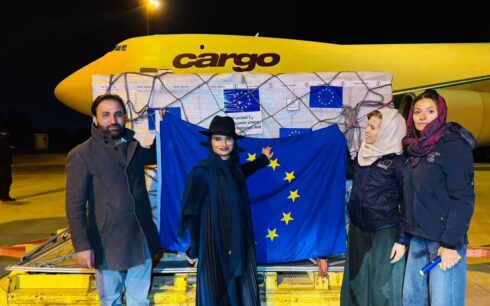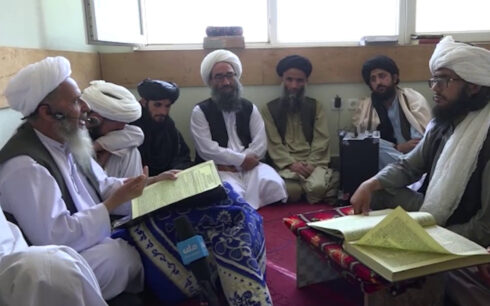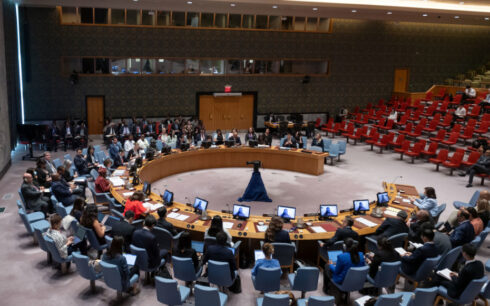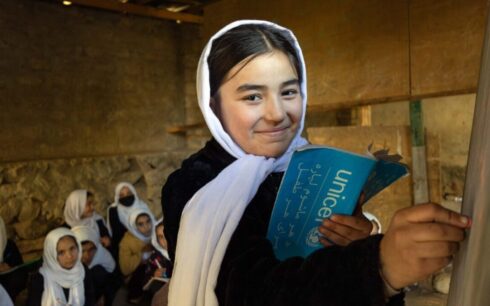The Taliban’s stance on international aid and its increasing control over humanitarian operations in Afghanistan have been the subject of a comprehensive report by the Afghanistan Analysts Network. The report titled “Taliban Perceptions of Aid: Conspiracy, Corruption, and Miscommunication” delves into the factors shaping the Taliban’s attitudes toward aid and aid workers.
Since assuming power in August 2021, the Taliban initially assured the United Nations and NGOs of continued access to provide aid. However, over time, the Taliban government has implemented various restrictions impacting how aid is delivered and who is involved in aid operations. These restrictions have included banning women from working for NGOs and the UN, as well as demanding information about aid workers and recipients. Furthermore, local officials have increasingly attempted to influence aid distribution, recruitment, and program modalities.
The report highlights two main narrative strands in the Taliban’s beliefs about aid agencies. Firstly, some Taliban officials view aid workers as spies or aligned with foreign interests, seeking to promote unIslamic values and undermine the Taliban government. This perception stems from past experiences during the insurgency, where aid workers were suspected of assisting in airstrikes targeting Taliban members. Secondly, the Taliban narrative portrays aid workers as corrupt profiteers, prioritizing personal gain over the welfare of the poor. This view is reinforced by tales of aid waste and lack of transparency under the previous Republic government.
“During the jihad, when Taliban leadership ordered us to let these people do their activities in our areas [under Taliban control], we allowed them. They were coming and working in different fields. In those days when NGO employees were active, we lost many of our mujahedin in drone strikes,” says a Taliban official in Ghazni as quoted in the report. This perception stems from past experiences during the insurgency, where aid workers were suspected of assisting airstrikes targeting Taliban members.
“During the Republic, a lot of money came, but this aid was stolen in many places at that time,” a Taliban official in Kunar said as quoted in the report. Taliban local officials consistently spoke about aid waste and lack of transparency, reinforcing the view of aid workers as corrupt profiteers prioritizing personal gain over the welfare of the poor, the report said.
The Taliban’s complex attitude toward aid lies in the recognition of its significance in delivering essential services such as health and education, while also fostering economic stability by injecting liquidity and controlling inflation through foreign aid. However, the Taliban remains suspicious of aid actors and their donors, who have not yet recognized the Taliban government. Consequently, the Taliban aims to regulate aid to influence its spending and programming.
The report also highlights the tensions between aid actors and the Taliban government, with the latter seeking to restrict the space for UN and NGO services. This interference is viewed by some aid actors as undue interference in their activities and pushes back on Taliban involvement in their operations, the report says.
Conservative elements within the Taliban have even considered the possibility of shutting down the entire aid community, says the report. “Other Islamist movements, such as Hezb Ut-Tahrir, are also lobbying the officials to shut the NGOs,” says the report. The Taliban is concerned that aid might be used against them and, therefore, aims to regulate aid to influence its spending and programming, according to the report.
Understanding the specific drivers behind the Taliban’s perceptions and actions concerning aid is crucial, especially as opportunities to influence the Emirate’s views continue to diminish. If these issues are not addressed effectively, aid provision to the most vulnerable in Afghanistan may face even more challenges in the future.





